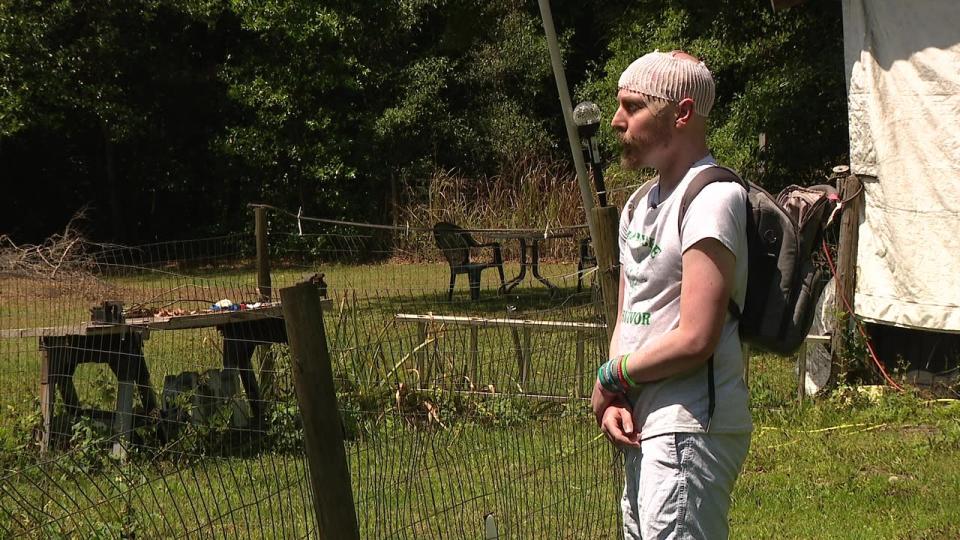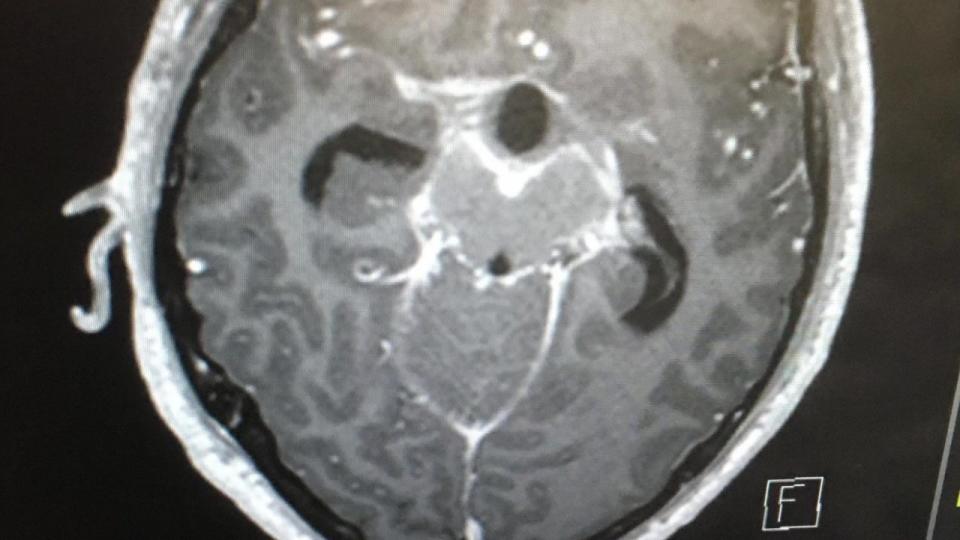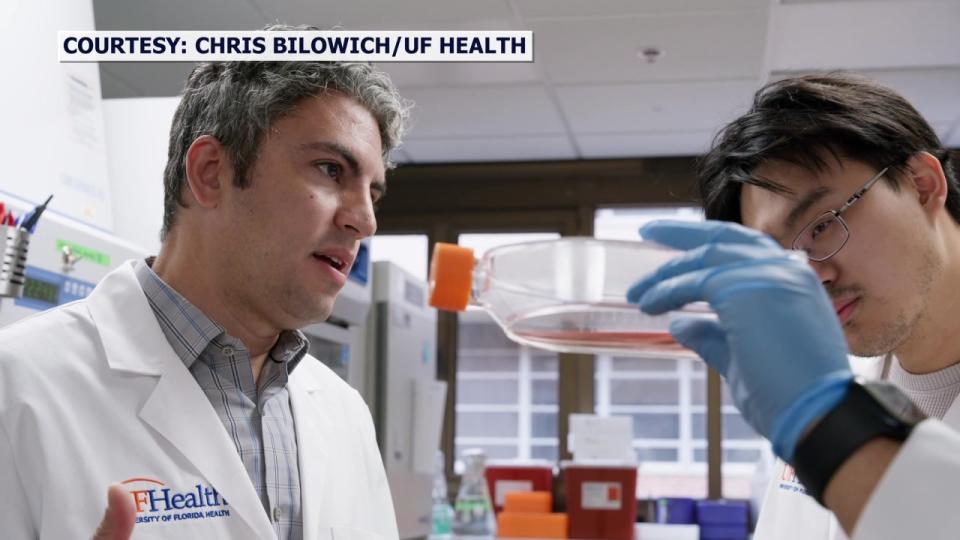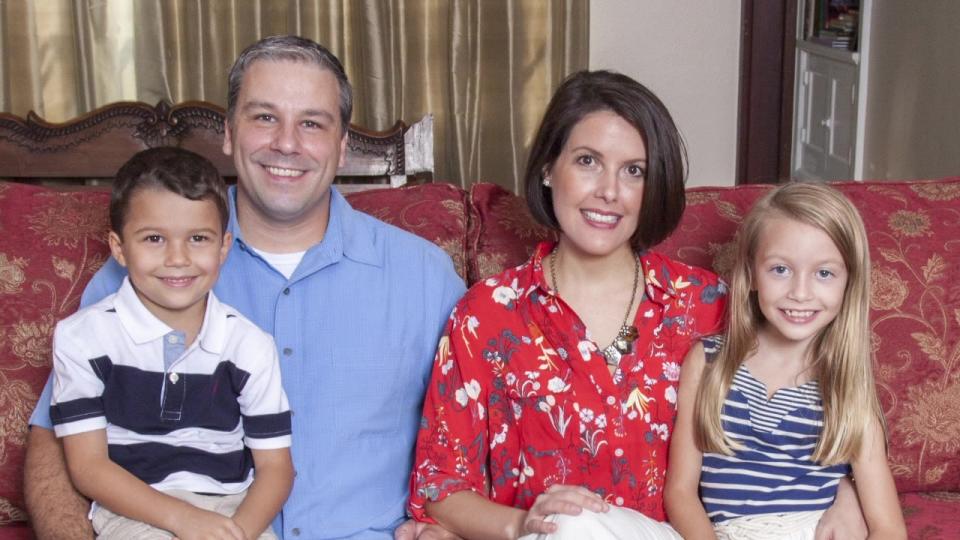UF researchers develop mRNA vaccine to treat brain tumors
GAINESVILLE, Fla. - University of Florida researchers are getting a leg up in the fight against one of the most aggressive and devastating types of cancer.
They've developed an mRNA vaccine that can be used to target the brain tumor known as glioblastoma.
JB Bird lives in a Dade City home buried deep in the woods, where it's quiet. And he likes it that way.
"It's very relaxing out here and maybe a little bit cathartic because of that as well," he said.

For more than nine years, he has fought a form of glioblastoma, a type of cancer that kills 95 percent of adults within just five years.
He wears an electronic treatment device that helps attack tumor cells. He's always listening for word of new treatments.
"We're not going to make progress against this disease without these clinical trials," explained Dr. Elias Sayour, a cancer researcher at UF.
READ: Cat owners could be at higher risk of schizophrenia, study suggests
For seven years, he has been running trials on mRNA vaccines to treat glioblastoma, a way of reprogramming the immune system to understand that the cancer must be healed.
A patient's own tumor cells can be used to create a personalized vaccine.

"In one human patient where we're really able to re-biopsy this tumor after giving these vaccines, and we didn't see any tumor cells," said Sayour.
They ran trials on four severely ill patients who weren't likely to live six months.
They all lived between eight and ten months.
The hope is to refine dosages and frequencies, and to treat children with cancer by the end of this year.

"One of the reasons, honestly, we started in glioblastoma is we believe if we can cure this disease, we should be able to cure all of these cancers."
READ: These are the states where it's still legal to smoke with kids in cars
Two years ago, Beth Kassab watched her husband, Grady, die from a brain tumor.
She is on the American Brain Tumor Association's leadership advisory council.

"It also appears to have a very quick impact, which is really important in glioblastoma," said Kassab. "I remain cautious about what the next phase and the trials will show. But this is great news."
Because glioblastoma often comes back, patients like Bird must have frequent scans and a never ending supply of hope.
"I think I can just keep going forward," said Bird. "I know I'm very fortunate. And most patients don't have it so easy."
The hope is to use mRNA to treat other forms of aggressive cancer, like melanoma and bone cancer.
SIGN UP: Click here to sign up for the FOX 13 daily newsletter
WATCH FOX 13 NEWS

